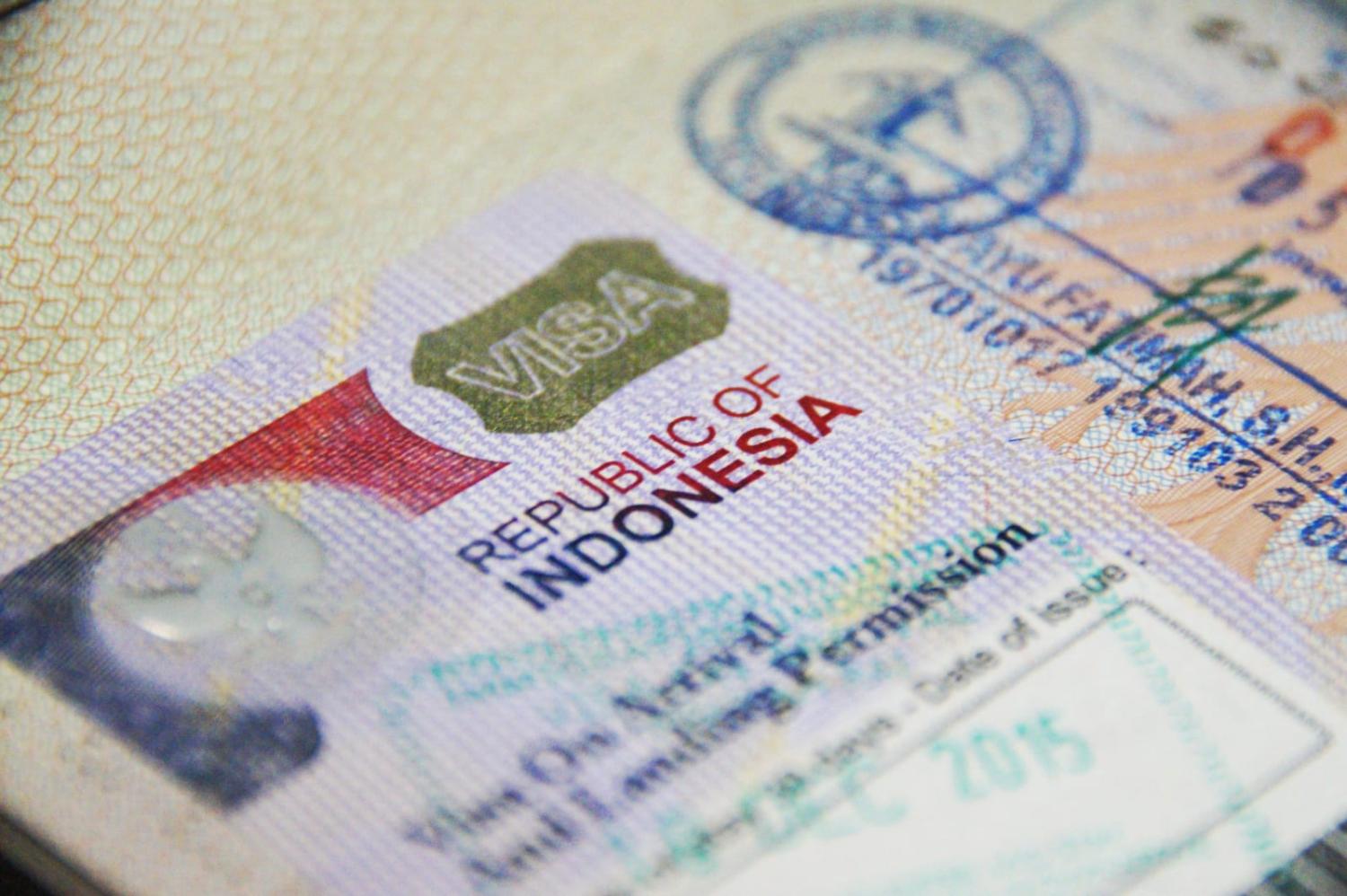In a June visit to Jakarta, American artificial intelligence entrepreneur Sam Altman remarked to Luhut Binsar Panjaitan, Indonesia’s Coordinating Minister of Maritime and Investment Affairs, that he’d like to work in Indonesia and visit often.
Luhut, who serves as President Joko Widodo’s point man for multi-millionaire business chiefs to go to see for investment deals, offered Altman a “golden visa”. This new government incentive aims to bring in big time investors to the country.
Luhut said he would recommend to Jokowi, as the president is widely known, that the government issue its first golden visa to Altman if he invests in Indonesia.
Deal. The 38-year-old multimillionaire and CEO of technology company OpenAI, which is behind the ChatGPT application, agreed.
Last month Altman’s golden visa was announced. This special class of visa allows the holder waiting-line-free entry and exit at Indonesian airports and ports for ten years.
Two basic qualifications apply. One, the golden visa holder must intend to invest at least US$5 million in Indonesia. Two, the investor must pocket a recommendation from a cabinet minister with presidential approval.
For the first half of 2023, Indonesia drew in foreign and domestic investments of US$ 5.7 billion in basic metal mining. The transportation and telecommunication sectors booked in US$5.1 billion in the same six-month period.
In a recent online interview, Luhut spelt out four pillars in Jokowi’s development strategy seeking foreign and domestic investment.
First is downstreaming. This is the in-country production of goods with added-value from Indonesia’s mineral and biodiverse resources. This could boost export earnings, decrease import spending and increase national income.
A major downstreaming scheme concerns nickel ore mined in Sulawesi Island. Jokowi has banned the export of nickel as a raw material and wants it used domestically to manufacture higher earning batteries for electric vehicles. Tin, bauxite and copper are also in line for similar downstream manufacturing of a multitude of metal-based tools such as cookware and medical utensils.
On bio-based goods, seaweed and palm oil stand out. Carrageenan, a high value seaweed extract, is mainly used as a gelling agent in food and cosmetics. Alternate uses are in biofuel, fertiliser, animal feed, wastewater treatment and bioplastic to replace the blight of plastics clogging the environment. Along with oil palm, seaweed can be downstreamed as biofuel and thus reduce Indonesia’s oil import bill. In 2021 Indonesia had to carry a trade deficit in oil and gas of US$13.3 billion.
The second pillar is digitalisation. Almost all government paperwork now is digitalised. Filling out forms for investment, tax returns, business permits, passports, and doctor appointments at public health centres and hospitals is done on smart phones or personal computers.
Indonesia also seeks to develop an AI ecosystem. Broader future digital applications pull in big wheels, like Sam Altman.
Third is connectivity. This covers toll roads, airports, ports, inter-city rail links, broadband coverage, energy and smelter development, and other public works that are elements in Jokowi’s grand design of 245 national strategic projects.
One of the most ambitious schemes is the construction of Indonesia’s new national capital, Nusantara, in the Borneo jungle of East Kalimantan province. The new capital will ease pressure on Jakarta, a city that is overcrowded, prone to air pollution and flood-stricken. Jakarta, which fronts the Java Sea, is sinking due to constant building construction and excessive drilling for groundwater resulting in soil subsidence and seawater rise. Jokowi pitched the futuristic Nusantara green city at a big-league investment forum in Singapore in June.
Fourth is village funding. Indonesia has more than 74,000 rural and urban villages. Each receives an annual central government block grant of 1 billion rupiah (US$66,000). One aim is to spur economic activity at the village level.
Jokowi has also made pitching trips to Australia and Africa in August. Coordinating investments minister Luhut himself earlier this year flew to Qatar, the United Arab Emirates and China in a bid to drum up more support.
Come Indonesia’s golden centennial of nationhood in 2045, Jokowi’s downstreaming focus is to make Indonesia the world’s fifth- to seventh- largest high-income economy.
But Jokowi’s multi-pillar development approach is not without challenges. For instance, environmental and social issues have arisen at the Central Sulawesi industrial park in Morowali, which turns nickel ore into battery grade nickel for electric vehicles with major Chinese capital. One environmental concern is managing the disposal of toxic production waste that could affect local communities. A socially sensitive problem is the perception that Chinese supervisors get preferential treatment and patronise local Indonesian employees who comprise the main work force.
Moreover, Jokowi’s downstreaming value chain agenda is a long-term strategy. His second five-year term ends in October 2024. His plans will only remain on track if future presidents fall in line.

